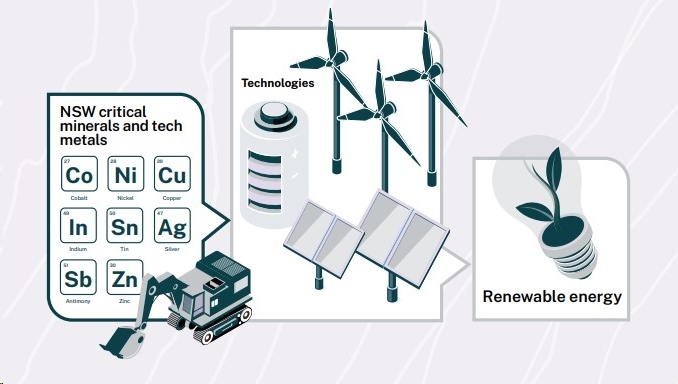Welcome to the wonderful world of Earth Science!
Planet Earth is an amazing place! Not only is it the only place we know about where life exists but it is also a complex, dynamic, always changing place.
Everything from the simplest atoms and molecules to minerals, rocks, the air and water, energy from the Sun, energy from inside the planet, biology and the movements of the Earth and the other planets around the Sun all interact all the time to produce the never ending changes we observe around us.
Earth Systems Science is how we make sense of these changes. Biology, Chemistry, Earth & Environmental Science and Physics are just some of the topics that all come together to help us make sense of the world.
The study of rocks and minerals, also called geology, is just one way we can start to make sense of how the Earth works but it is a great place to start!
Professional Development Workshops for teachers and allied professionals
The TESEP Challenging Earth series of Professional Development workshops is designed to provide
- Easy to understand explanations of topical issues
- Access to useful resources from existing sources
- New resources that assist you in the classroom
- Ideas for field trips
- Access to teachers experienced in this field
We also offer our RockEXPO! This initative provides:
- Classroom incursions for all year levels, tailored to your school's classroom needs
- After-school PD from our Challenging Earth series,
including how to get the most out of our amazing Rock Kit - Additional all-day PD from the Challenging Earth series if requested
- After-school PD on other geoscience topics by arrangement
- Great resouces for teachers and students courtesy of our partners and supporters
- Access to geoscience experts to help you with any question about the subject!
Topics in the Challenging Earth series 2 (2019 - 2024) for PD and incursions are:
- Our Place in Space- Mars (landforms Mars images/Earth compared), planet influences on Earth. Yrs 4-7
- Volcanoes & Natural Hazards - Impacts on living on the Earth (earthquakes, tsunami/floods, volcanic eruptions, etc.). Yrs 4-7
- Wet Rocks - Water cycle, groundwater and Artesian Basins (re-charging the artesian systems, sustainability). Yrs 4-8, minor crossover to Biology
- Rocks & Plate Tectonics - The Integrated Story, rock basics, and how to Use the Rock Kit virtuals (3D renders & the basics of the Integrated story of plate tectonics). Yrs 4-8
- Plate Tectonics, Earth History & Sustainability - Sustainability, Critical Minerals, Rocks & Rock Stories & Climates (key tectonics events through geologic time). Yrs 8-10, crossover with Geography & Physics and Chemistry
- Critical Minerals - Digital & renewables. Links yrs 9-12, crossover with Chemistry-Physics-STEM
- Riding the Climate Rollercoaster - Climate, from past to present (events related to plate tectonics and extinction). Yrs 9-10, multi-disciplinary crossover
- Energy & the Energy Transition - Energy types compared and contrasted, and the path to Net Zero. Yrs 9-12, crossover with Chemistry-Physics-STEM
- Fossils, Evolution & Extinctions - 5 Big Extinction events (chronicled with plate tectonics, volcanic climate and Solar System-related events). Yrs 9-12, crossover with Biology
What are critical minerals? This webinar series will explore critical minerals, how they are defined and mined, where there are used in industry and in our high tech lives. We will unpick some of the jargon, examine how many more minerals are used today in the past, and discuss the future of traditional minerals. We will also look at the number and volume of critical minerals required to enable the current energy transition, as well as how these minerals are sourced, recycled and processed. Critical minerals in Australia, the geopolitical risks to our supply chain, advances and challenges in recycling minerals, and current projects will also be discussed.
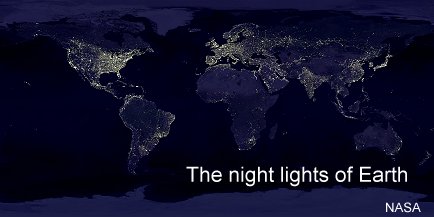
Active plate tectonic processes bring with it a number of natural hazards. In this PDe explore the tectonic causes of these hazards, including earthquakes, tsunamis, volcanoes, landslides, and more. By building up our understanding of how plate tectonics cause these hazards we are able to mitigate many of the risks posed by living in tectonically active areas.

This PD examines the importance of groundwater in the story of the hydrological cycle and its role in everything from Artesian Basins, hanging swamps, and sustainably. The PD also looks at some of the ecological impacts on the hanging swamps in the Blue Mountains in NSW.
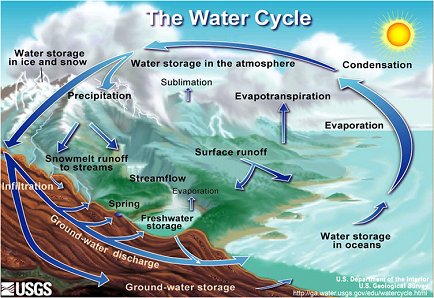
A guided journey through the rock cycle from intrusion to mineralised veins, volcano to sediment and everything inbetween. We will also show you how to the TESEP rock-kit and plate tectonics poster (see below), as well as all the online resources on the TESEP website. We will also dive into the Earth processes that drive plate tectinics.
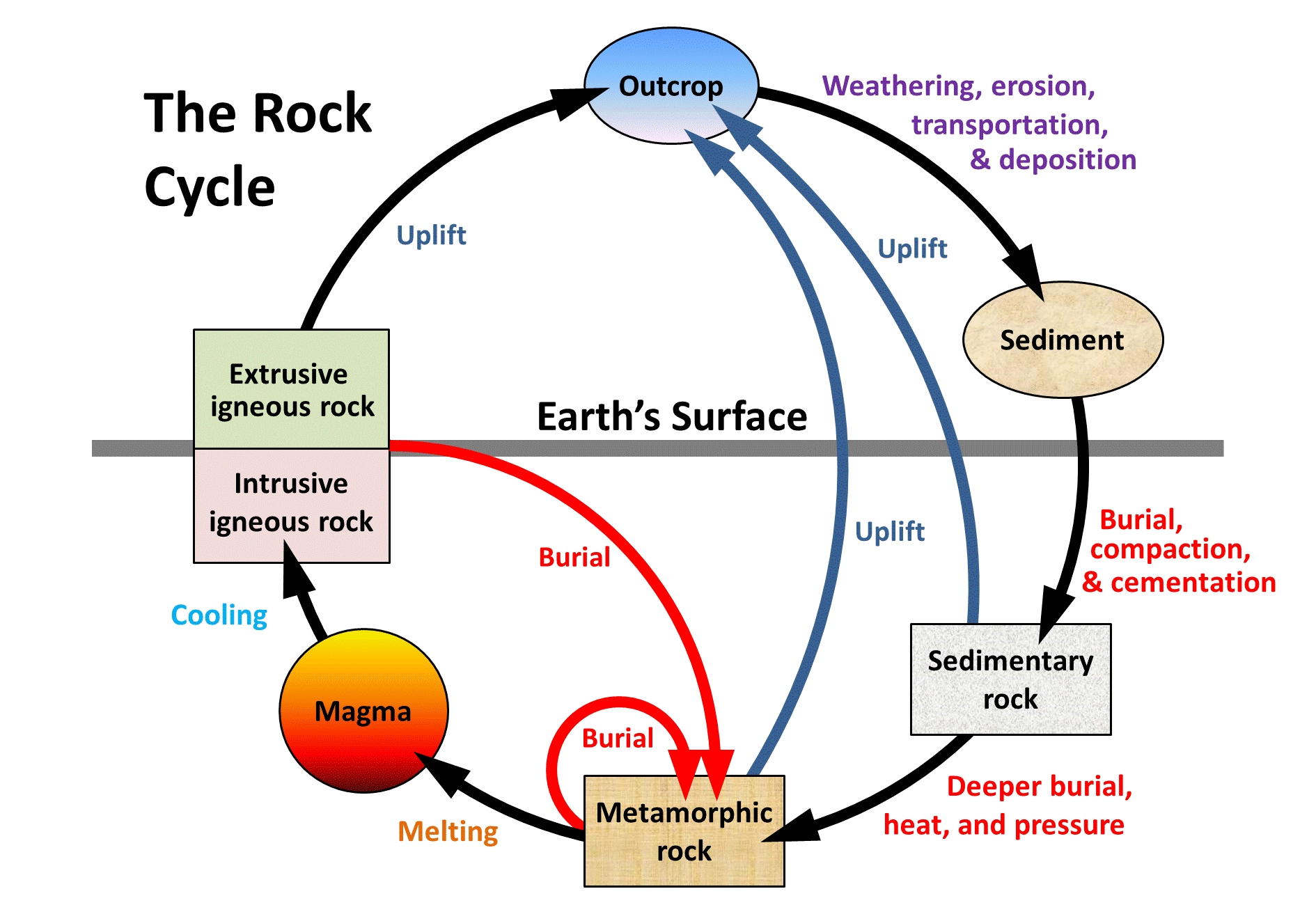
Plate Tectonics, Earth History & Sustainability
This PD also explains how the theory of Plate Tectonics was developed and how this relatively new paradigm not only explains why the Earth is so dynamic but also how it can be used to reconstruct the past appearance of the planet, predict the most likely locations of mineral and hydrocarbon deposits and explain the distribution patterns of fossil and extant animals and plants.
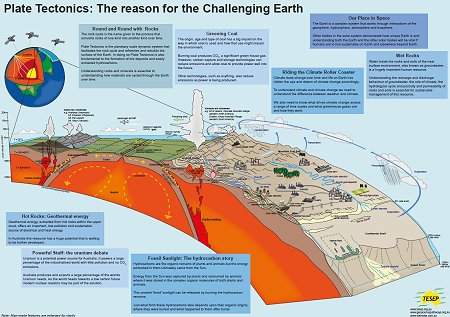
What are critical minerals? This PD explores critical minerals, how they are defined and mined, where there are used in industry and in our high tech lives. We will unpick some of the jargon, examine how many more minerals are used today in the past, and discuss the future of traditional minerals. We will also look at the number and volume of critical minerals required to enable the current energy transition, as well as how these minerals are sourced, recycled and processed. Critical minerals in Australia, the geopolitical risks to our supply chain, advances and challenges in recycling minerals, and current projects will also be discussed.
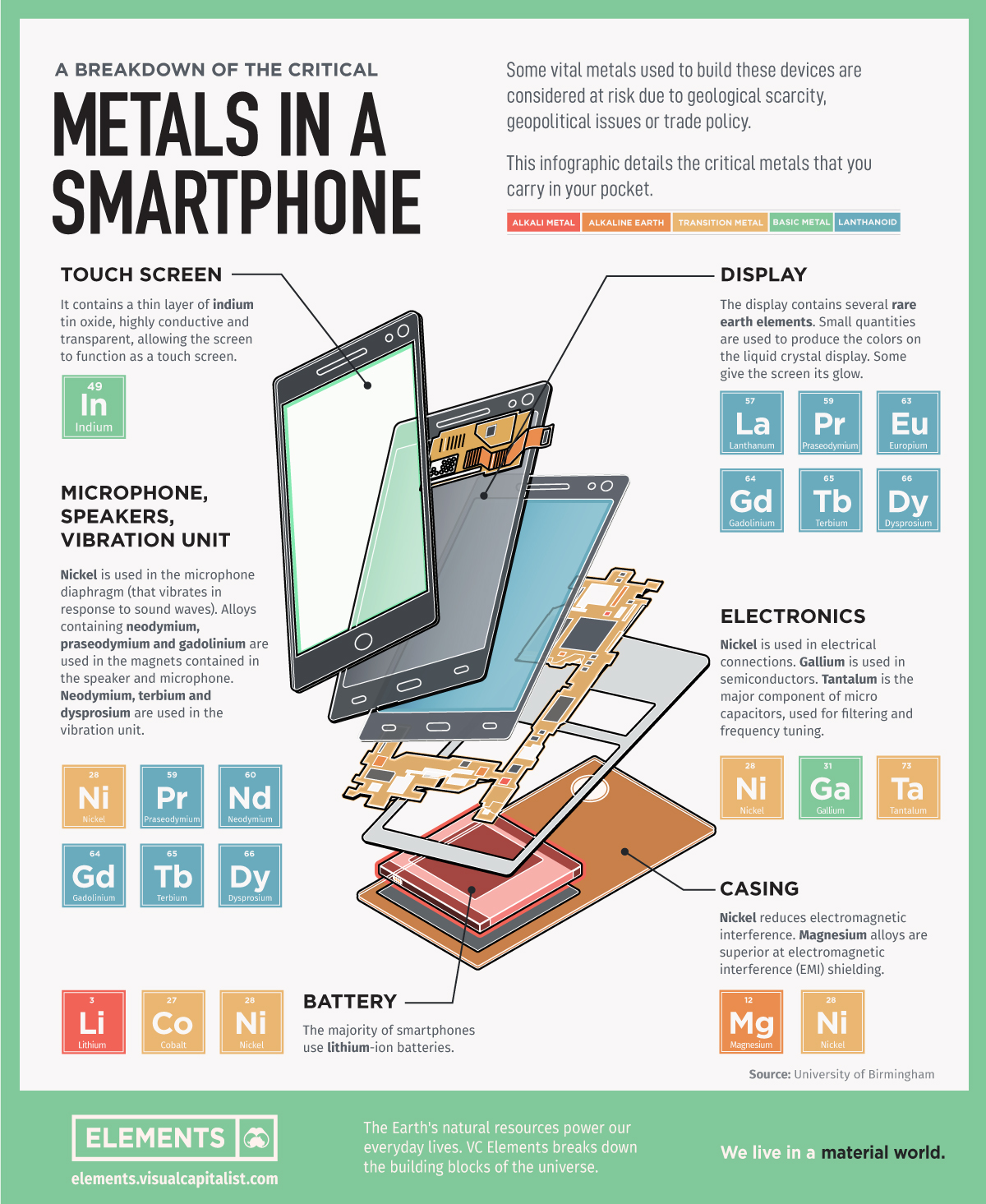
Riding the Climate Rollercoaster
Looks back over the last 4.6 billion years to find the drivers of climate change throughout geological time and discusses the impact climate fluctuations have had in the past as revealed by the rock record. This PD also examines the additional impact human activity is thought to have and the geological evidence for it and provides guidance on how teachers and students can access raw data to evaluate the results for themselves.
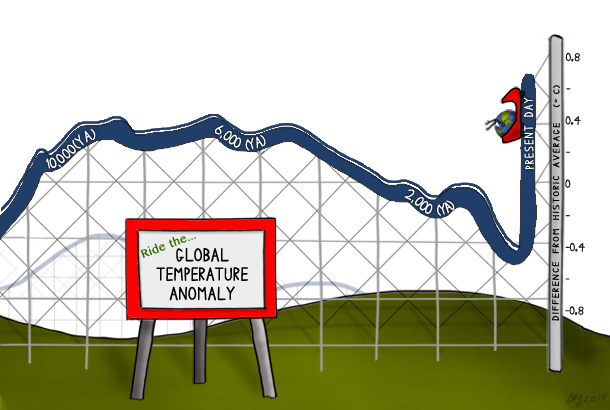
Energy & the Energy Transition
Energy has a transformational impact on the quality of human life. It impacts every facet of what we do and how we live making energy one of the most important issues of our time. We require nothing short of a complete transformation of how we produce, transport and consume energy. However, energy, the environment and the economy are intimately linked and the four pillars of energy security (i.e., affordability, availability, reliability and sustainability) must be maintained.
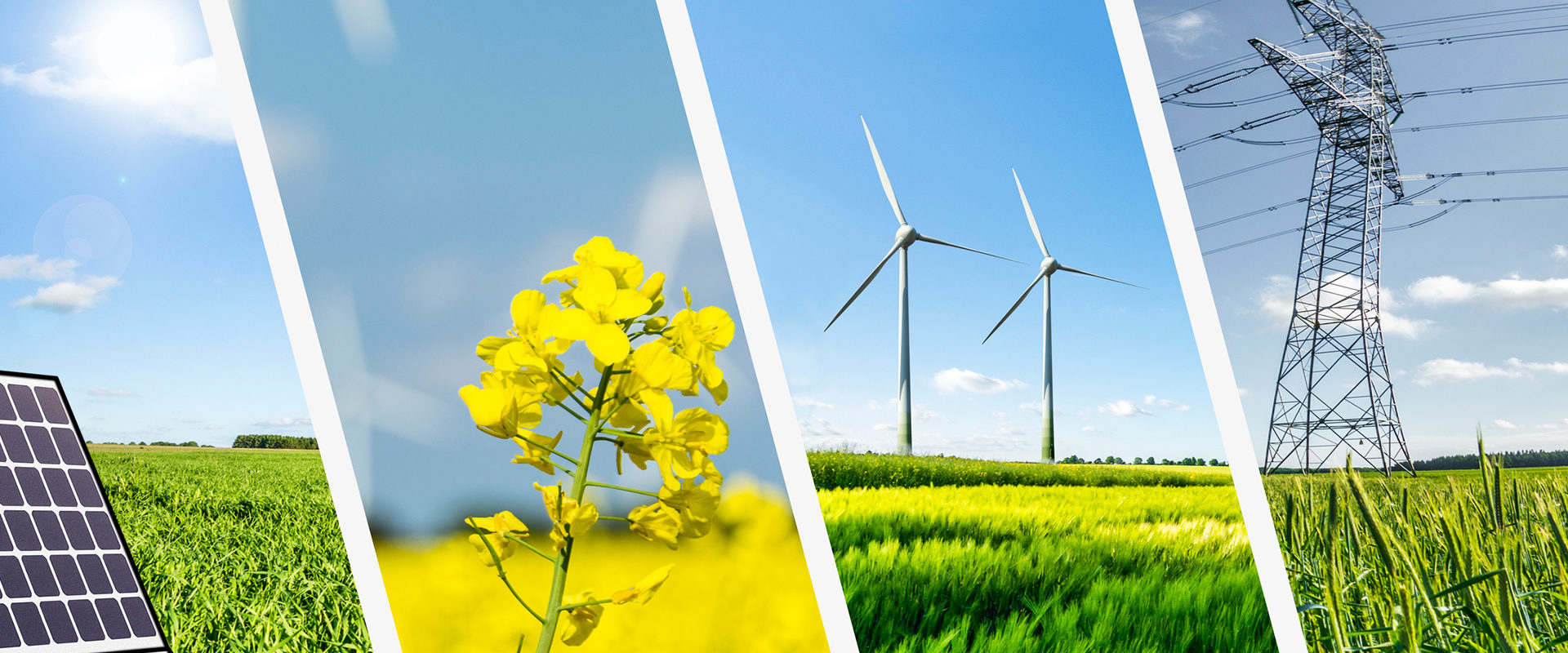
Fossils, Evolution & Extinctions
This PD will look at the 5 big mass extinctions through geological time and what might have caused them-using fossils. We will look at the evolutionary niches that were created by some of these extinctions, including the rise of hominids. Episodes include: Introduction to Fossils, Evolution and Extinctions; Fossils and Astrobiology; Fossils and Plate Tectonics; Hominid Evolution; Economic Fossils; and Micro-fossils
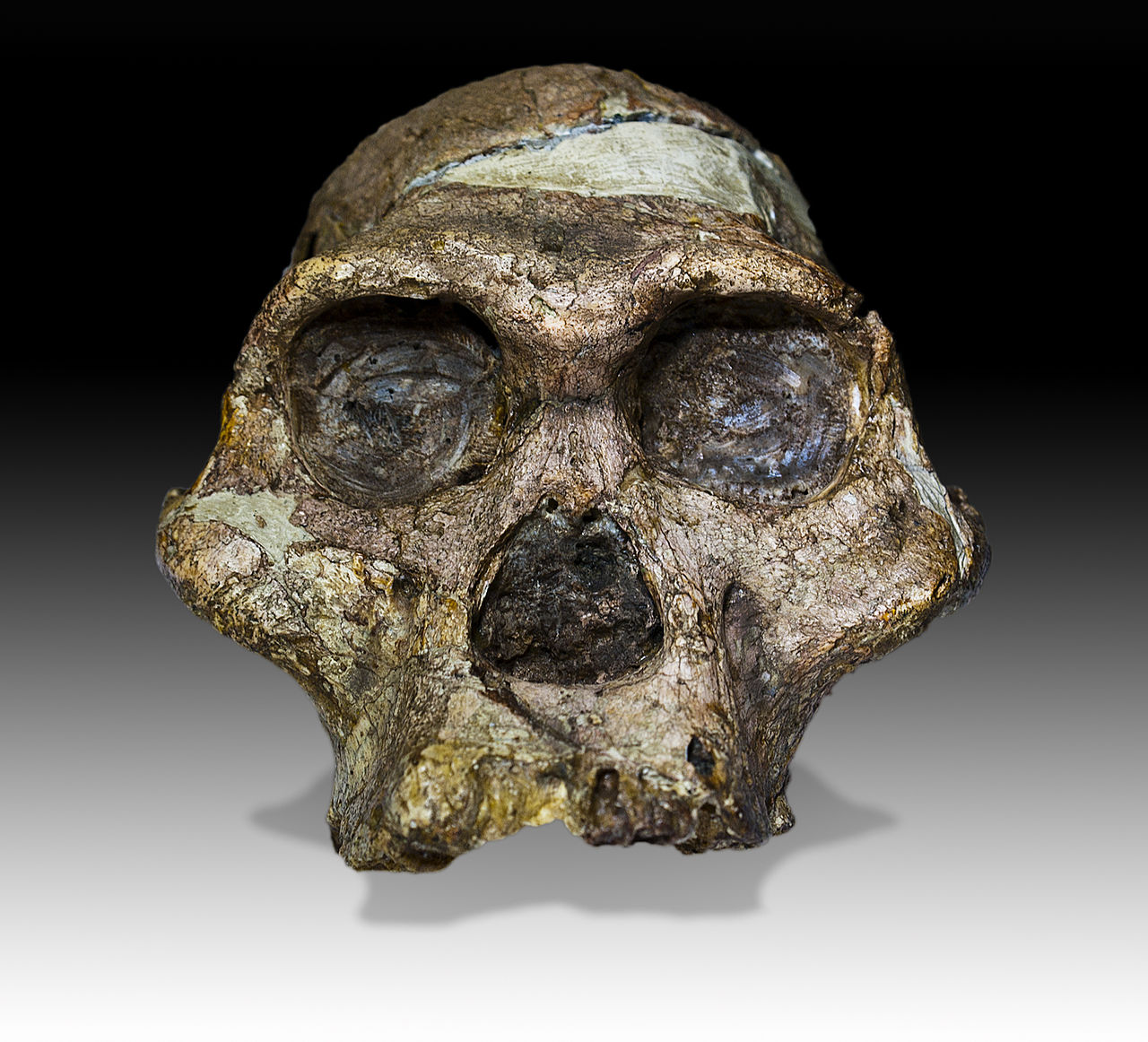
The topics in the Challenging Earth series 1 (2008 - 2018) were
- PD1: Round and Round with Rocks
(The rock cycle, ore bodies and crustal geology) - read more - PD2: Riding the Climate Roller Coaster
(The geological evidence for ancient and modern climate change) - read more - PD3: Greening coal
(Carbon capture and storage for coal and other sourcs of CO2) - read more - PD4: Fossil sunlight
(The story of the origin of all hydrocarbons) - read more - PD5: Wet rocks
(The story of groundwaters) - read more - PD6: Hot rocks
(Geothermal energy from all sorts of rocks) - read more - PD7: Our Place in Space
(An out of this world look at where we are in space) - read more - PD8: Powerful stuff (the energy debate)
(The geoscience of uranium ore and usage compared with all other energy sources) - read more - PD9: Plate Tectonics (The reason for the challenging Earth)
(How the theory of Plate Tectonics was developed and how it is now used to understand the Earth, past and present) - read more - PD10: Critical minerals
(Which minerals are critical and why?) - read more
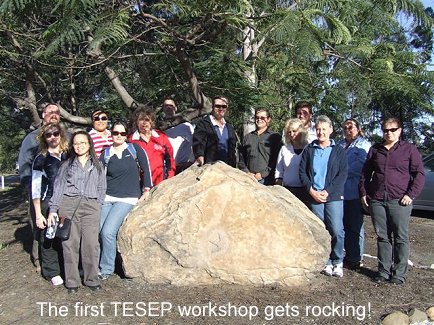
PD1: Round and Round with Rocks and Minerals
(The rock cycle and crustal geology)
A guided journey through the rock cycle from intrusion to mineralised veins, volcano to sediment and everything inbetween and how we mine and utilise geo-resources
Teachers on field trip to Hallett Cove
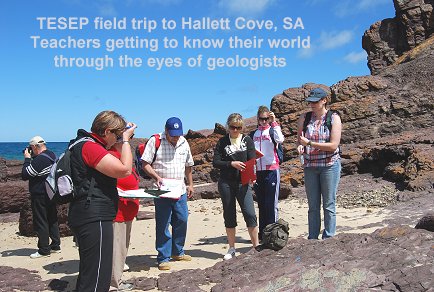
PD2: Riding the Climate Roller Coaster
Looks back over the last 4.6 billion years to find the drivers of climate change throughout geological time and discusses the impact climate fluctuations have had in the past as revealed by the rock record. This PD also examines the additional impact human activity is thought to have and the geological evidence for it and provides guidance on how teachers and students can access raw data to evaluate the results for themselves.
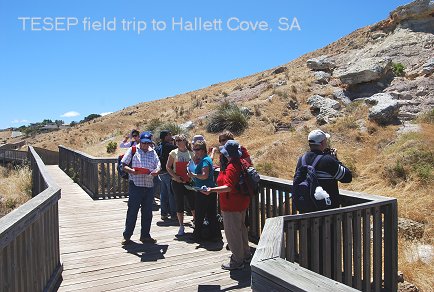
PD3: Greening coal (carbon capture and storage)
Discusses the origins of coal, the processes of coal formation and the carbon capture and storage technologies that can be utilised to reduce greenhouse emissions from coal and other hydrocarbons and the role renewable technologies can play.
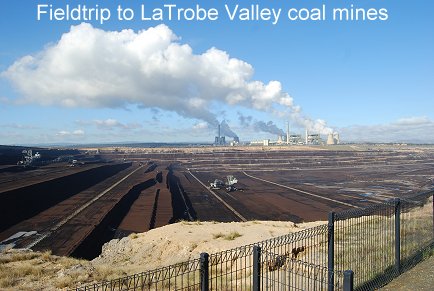
PD4: Fossil sunlight (the hydrocarbon story)
Highlights the geology of the conversion of the sun's energy into chemical energy and its storage in hydrocarbons. Discusses the methods employed by exploration geologists to find hydrocarbons within rocks that are hundreds of millions of years old.
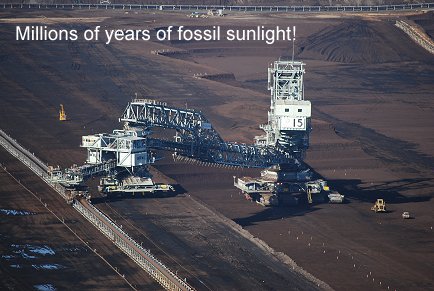
PD5 examines the importance of groundwater in the story of the hydrological cycle and its role in everything from dry land salinity to sustainable farming. The workshop was developed by the Victorian Chapter of the International Association of Hydrogeologists (IAH), with support from DSE, and aims to improve teachers' knowledge of groundwater. Participants receive a teacher resource package which provides written and electronic documentation of groundwater basics, class room exercises, experiments, references and case studies. The PD allows for practical experience with the teacher resource package. The package was developed by Louise Goldie Divko (geologist and former teacher) of the DPI, Chris McAuley (hydrogeologist from IAH and DSE) and Megan Bourke (geographer from GTAV).
Wet rocks has its own web page BUT it is currently off-line. If you need access to the wetrocks resources please conatct us This email address is being protected from spambots. You need JavaScript enabled to view it.
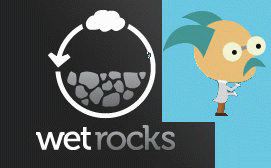

PD6: Hot rocks (geothermal energy)
Hot rocks examines the role geothermal energy plays across the globe at the moment and the future role it can play, with current Australian developments highlighting the value of this new technology.
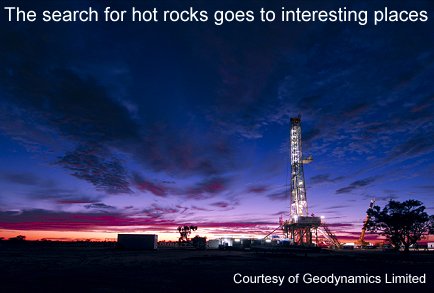
Discusses the evolution of Earth and our Solar System, and compares our planet with Mars.

PD8: Powerful stuff (the uranium debate)
Examines the geology and physics of uranium and how this fuel works in modern reactors and places the common fears associated with this technology in context. This PD also compares all sources of electrical energy: renewables and non-renewables and discusses them within the context of the Australian situation.
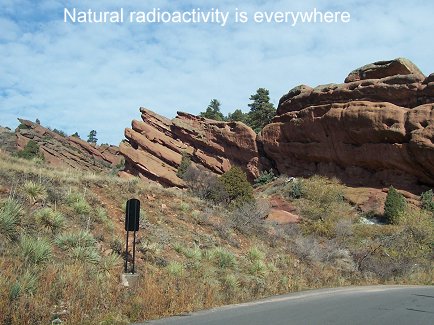
PD9: Plate Tectonics (the reason for the challenging Earth)
This PD explains how the theory of Plate Tectonics was developed and how this relatively new paradigm not only explains why the Earth is so dynamic but also how it can be used to reconstruct the past appearance of the planet, predict the most likely locations of mineral and hydrocarbon deposits and explain the distribution patterns of fossil and extant animals and plants. The poster featured below is just one of the many resources given to attendees of this PD.

PD10: Critical Minerals (enabling our energy transition and our high tech lives)
Critical minerals is a commonly used phrase. But which minerals are critical and why? This PD examines which minerals will aid our transition from non-renewable to renewable energy, support our high-tech lifestyles, and enable food and water security. The workshop will cover how these minerals are used in everyday life, how they form and can be recycled, and examine supply and demand, with fun activities for your classroom.
